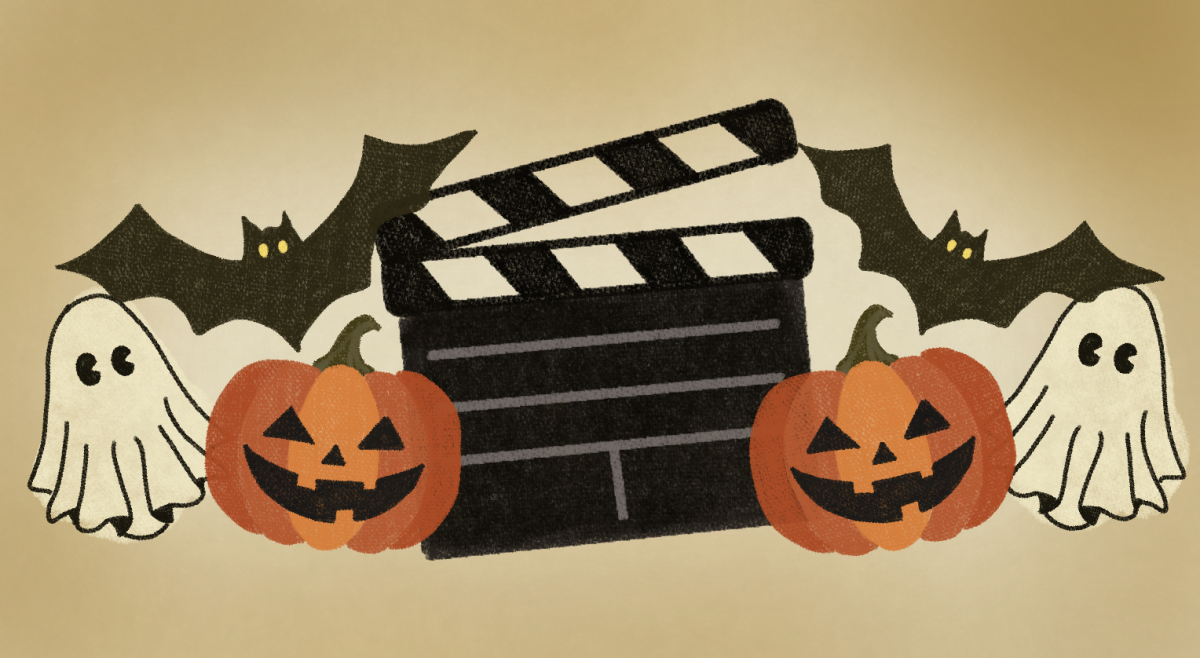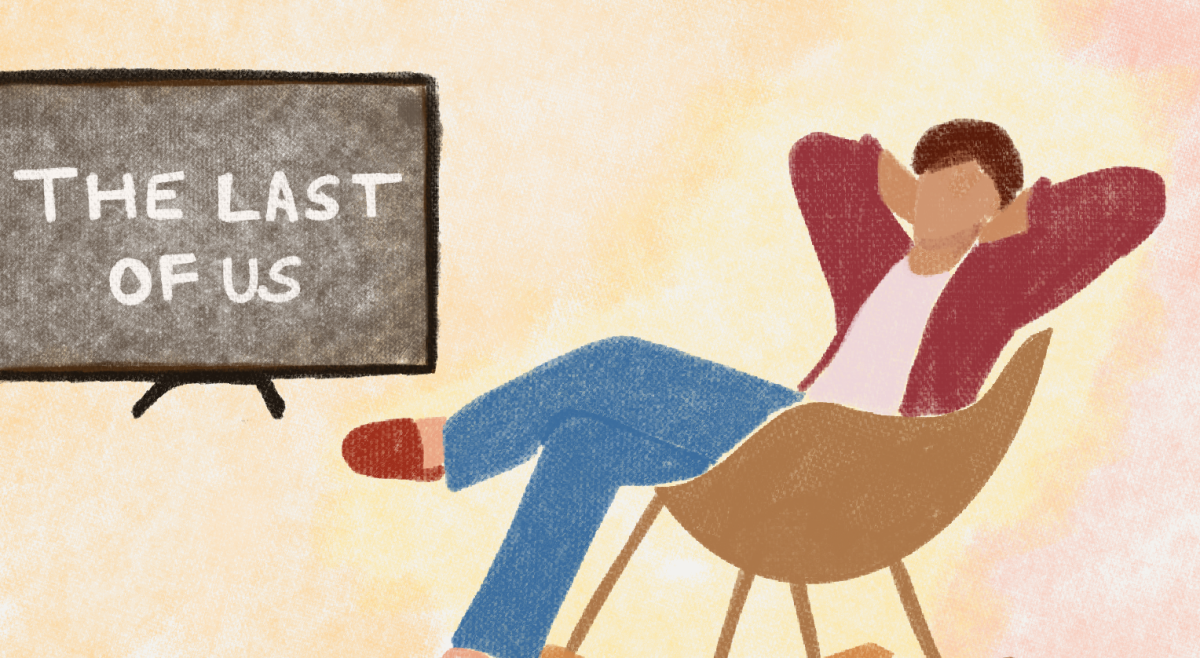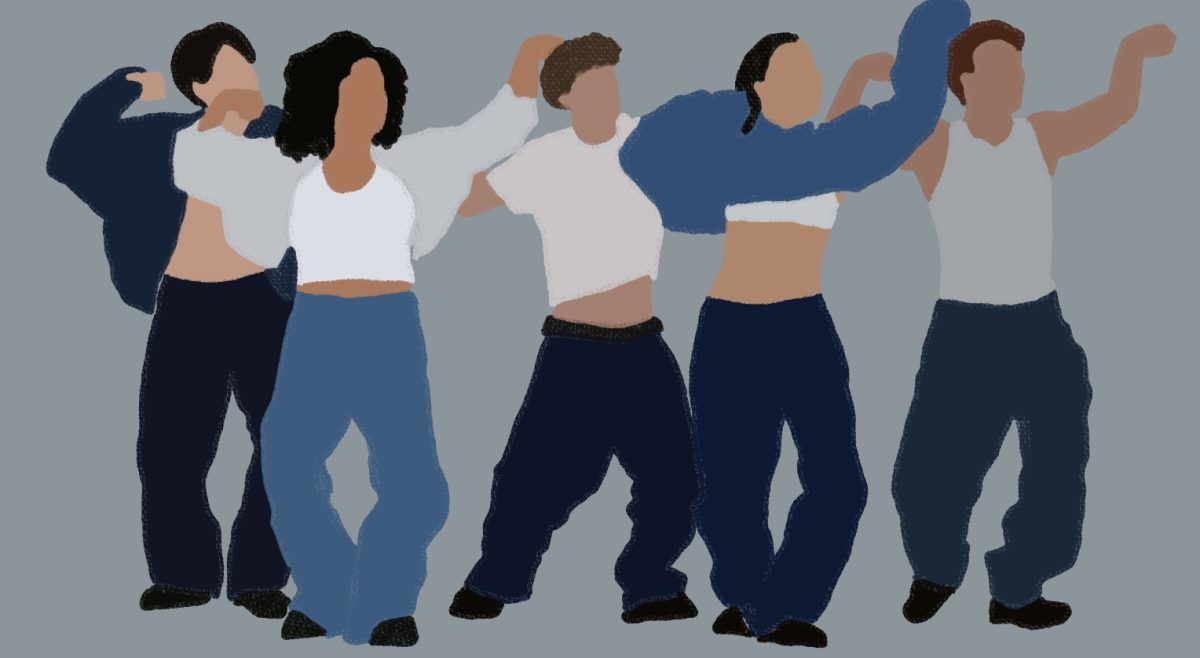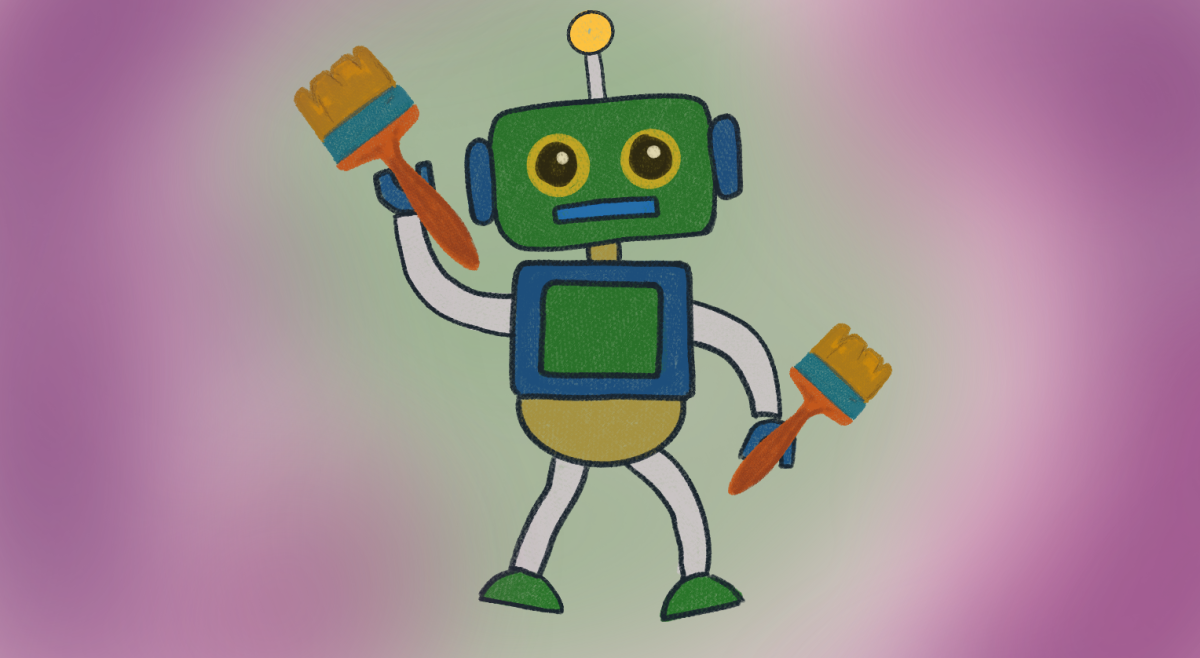I am writing this column fully aware that my computer might crash and burn at any moment. Today, I thought there was some sort of alarm going off in my building, until I realized it was my Mac beeping obnoxiously for reasons unknown. The screen froze, I powered down, and was greeted by a lovely message from an antivirus software that I don’t remember installing. I am not sure if I could live without my laptop for a week while he is getting fixed, so right now I’m praying that Jerry (I named him the day I brought him home from the Apple store) pulls through until I can get him the proper care that he needs.
If it weren’t for the flash drive keeping my documents safe and sound, these words might be lost forever. I don’t have a very good memory, so I would definitely not do my original piece justice. This isn’t just the case for my columns-it goes for most of my writing. Most recently, I realized that relying on memory can actually be detrimental to a creative piece.
Monday night, as I was in bed ready to get a full eight hours of sleep before Tuesday at 9 a.m., a poem came into my head. I know some writers claim that they think of ideas, lines, or full-out narratives in their sleep, but I’ve never been one to be a creative drowsy thinker. I don’t know how it happened, but all of a sudden my brain was composing line after line, begging me to get myself out of bed so I could record them in my journal. My blanket and pillow, however, proved supreme-I refused to get up, promising myself I would write the poem down first thing in the morning.
Unsurprisingly, my memory failed me.
I remembered in the middle of class that I did not fulfill my promise, so the first thing I did when I returned to my room was grab some paper and attempt to recollect the poem I had envisioned the night before. I wrote the words that I remembered, rearranged the lines, but ultimately, it just wasn’t as good as the original. My lost poem may not seem a big deal to some, but to me, I feel like I had abandoned a friend. My first creative writing professor stressed how important it is to record any semblance of a poem or story, even if it’s just in fragments, the first time it comes to you. It’s hard enough to generate ideas on command, which is why such classes are implemented for aiding the process, so writing that comes naturally should be celebrated and pursued further. I let down my professor, my unwritten poem, and myself-how can I ever be a writer if I don’t listen to my creative impulses?
I think the problem is that I’m too much of a planner. I’ve been trained not to start an essay unless I have a fully formulated and arguable thesis, so I would never attempt to write a paper unless I have planned and outlined my points. I can’t write these columns unless I’ve planned out my idea and ensured that it will get me 700 words. I’m afraid of the spontaneous and the impulsive, yet some of my favorite writing is when I surprise myself-when I derail from the original plan. Following a structure can be beneficial for the uncertain writer or artist, but abandoning the plan can be just as satisfying.
One thing I’ll never be able to abandon is my organizational personality-I panic if I have misplaced my planner, and I make to-do lists for every day of the week. I have lists stored of movies to watch, books to read, restaurants to try, lunch dates that need to be scheduled-the list of lists is endless. I do believe, however, that there’s value in embracing spontaneity, whether in writing, traveling, or deciding to type on a precarious device. My roommate recently changed her desktop background to Daniel Burnham’s quote that begins, “Make no little plans,” but maybe it’s equally valid to scratch that adjective, and simply make no plans. Once in a while, it’s okay to surprise yourself and live by the moment, rather than by the pre-planned hour.
I would be sad to have Jerry gone for a while, but maybe a break would do us some good-after all, the greatest authors had only a pen, paper, and whatever their minds had to offer.












